Art is a revolt against fate. All art is a revolt against man's fate
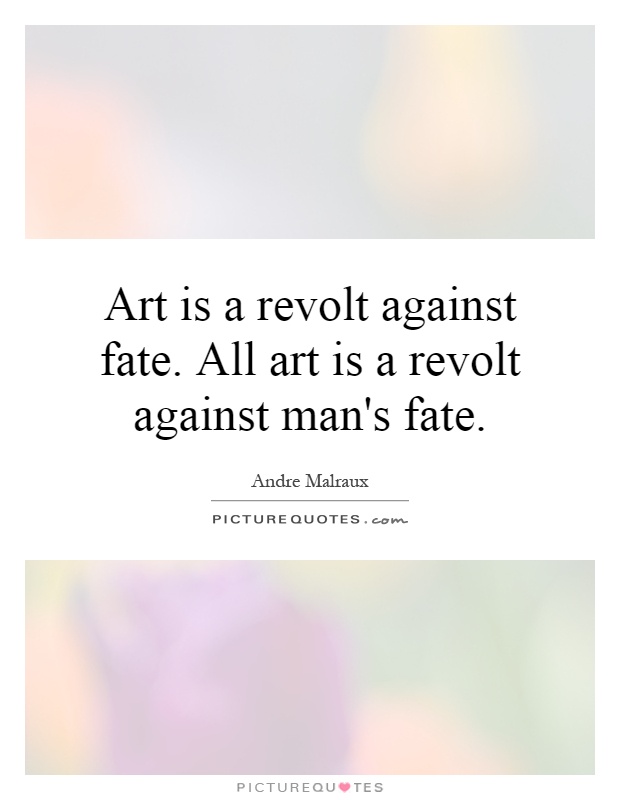
Art is a revolt against fate. All art is a revolt against man's fate
André Malraux, a French novelist, art theorist, and Minister of Cultural Affairs, believed that art is a revolt against fate. He argued that all art is a rebellion against the predetermined path that man is destined to follow. Malraux believed that through art, individuals could transcend their fate and create their own destiny.Malraux's ideas on art as a revolt against fate can be seen in his novel "The Voices of Silence," where he explores the power of art to challenge the limitations imposed by society and fate. In the book, Malraux discusses the role of art in shaping human consciousness and challenging the status quo. He believed that art has the ability to inspire individuals to break free from the constraints of their fate and create a new reality for themselves.
Malraux's views on art as a revolt against fate can also be seen in his work as Minister of Cultural Affairs in France. During his time in office, Malraux worked to promote and preserve cultural heritage, believing that art has the power to shape society and challenge the predetermined fate of individuals. He believed that through art, individuals could connect with their inner selves and create a new path for themselves.
Malraux's ideas on art as a revolt against fate have had a lasting impact on the world of art and culture. His belief in the transformative power of art has inspired generations of artists and thinkers to challenge the limitations imposed by society and fate. Through his work, Malraux has shown that art has the ability to transcend boundaries and create new possibilities for individuals to shape their own destiny.
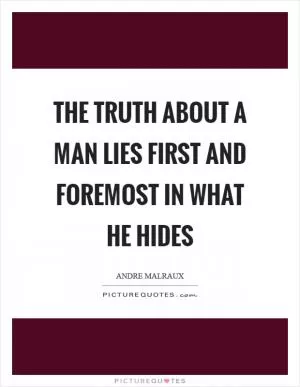
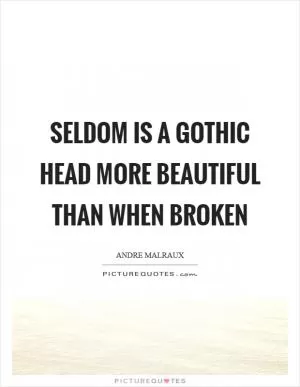
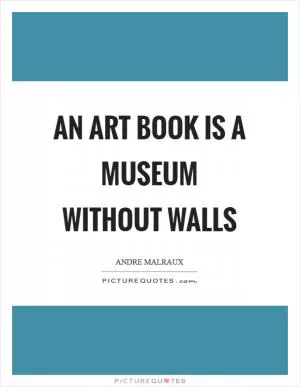
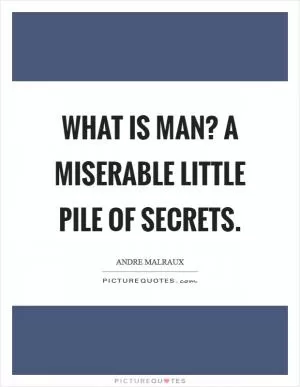

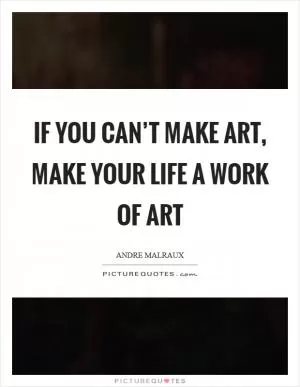
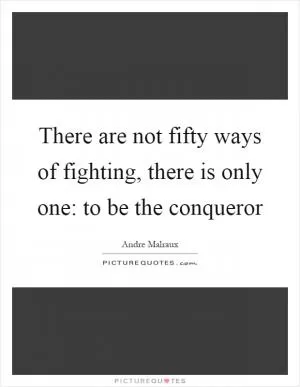
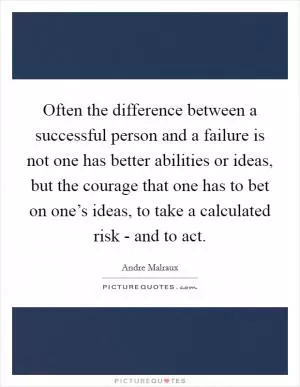
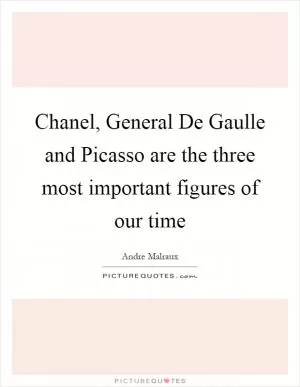
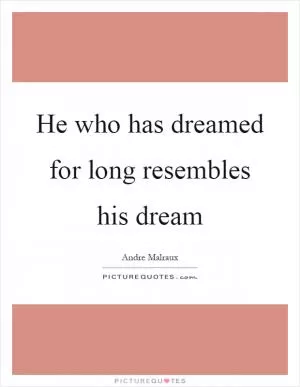
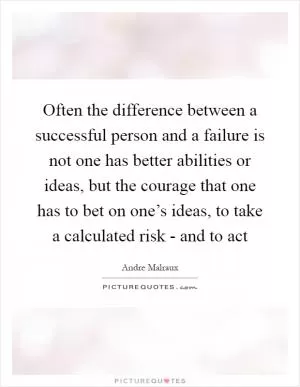
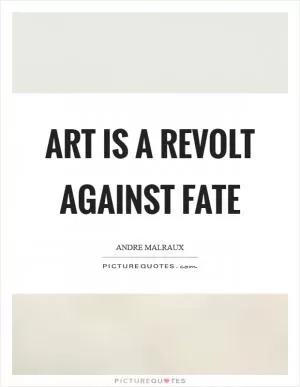
 Friendship Quotes
Friendship Quotes Love Quotes
Love Quotes Life Quotes
Life Quotes Funny Quotes
Funny Quotes Motivational Quotes
Motivational Quotes Inspirational Quotes
Inspirational Quotes